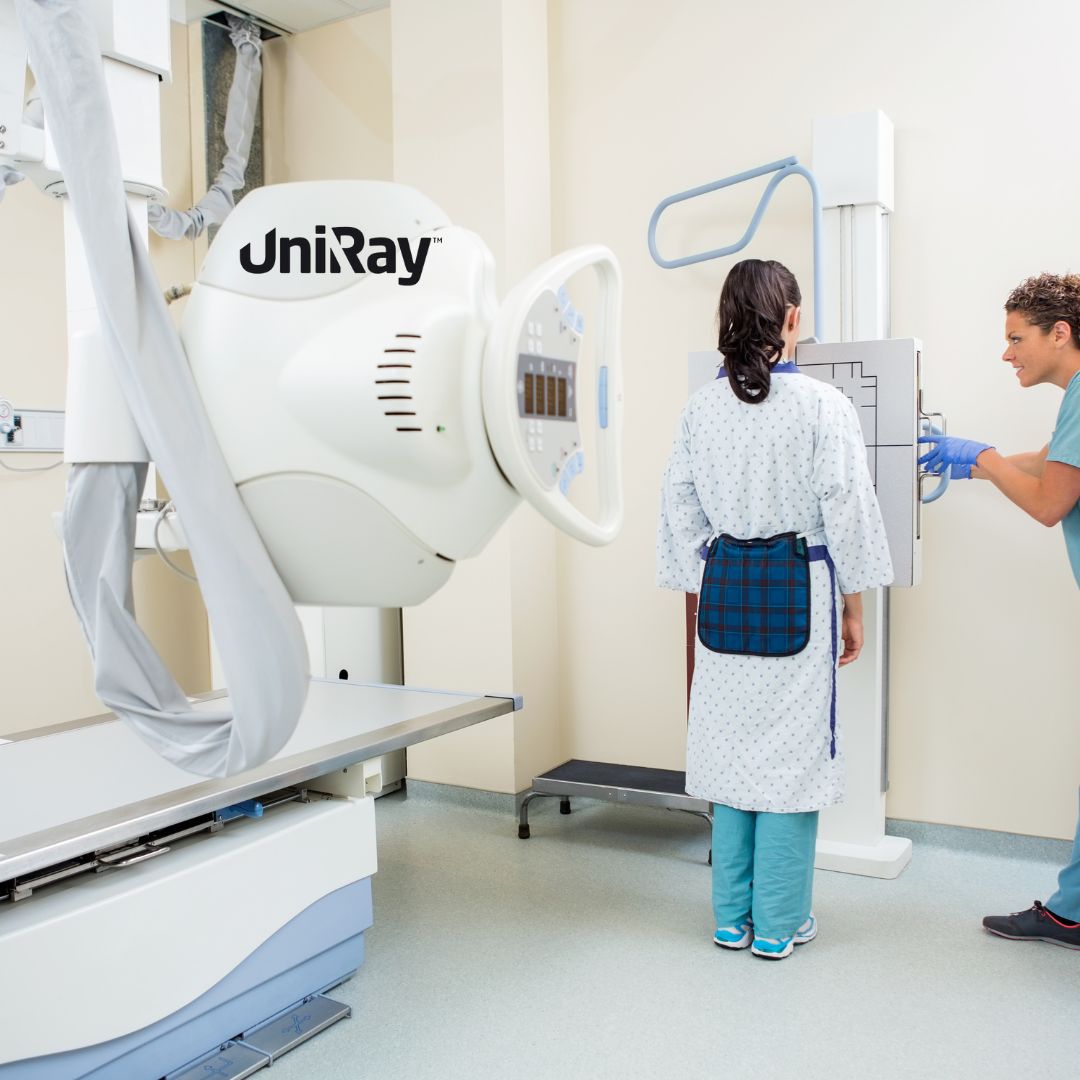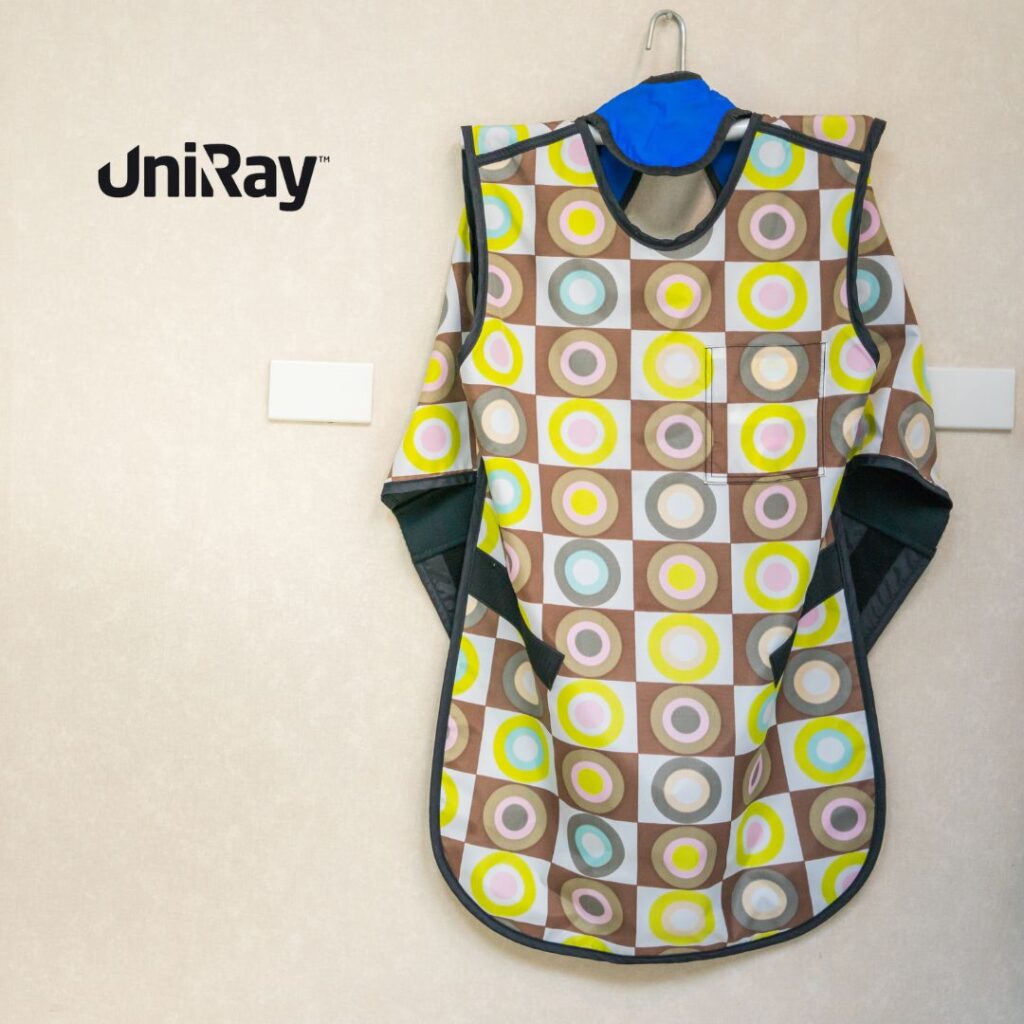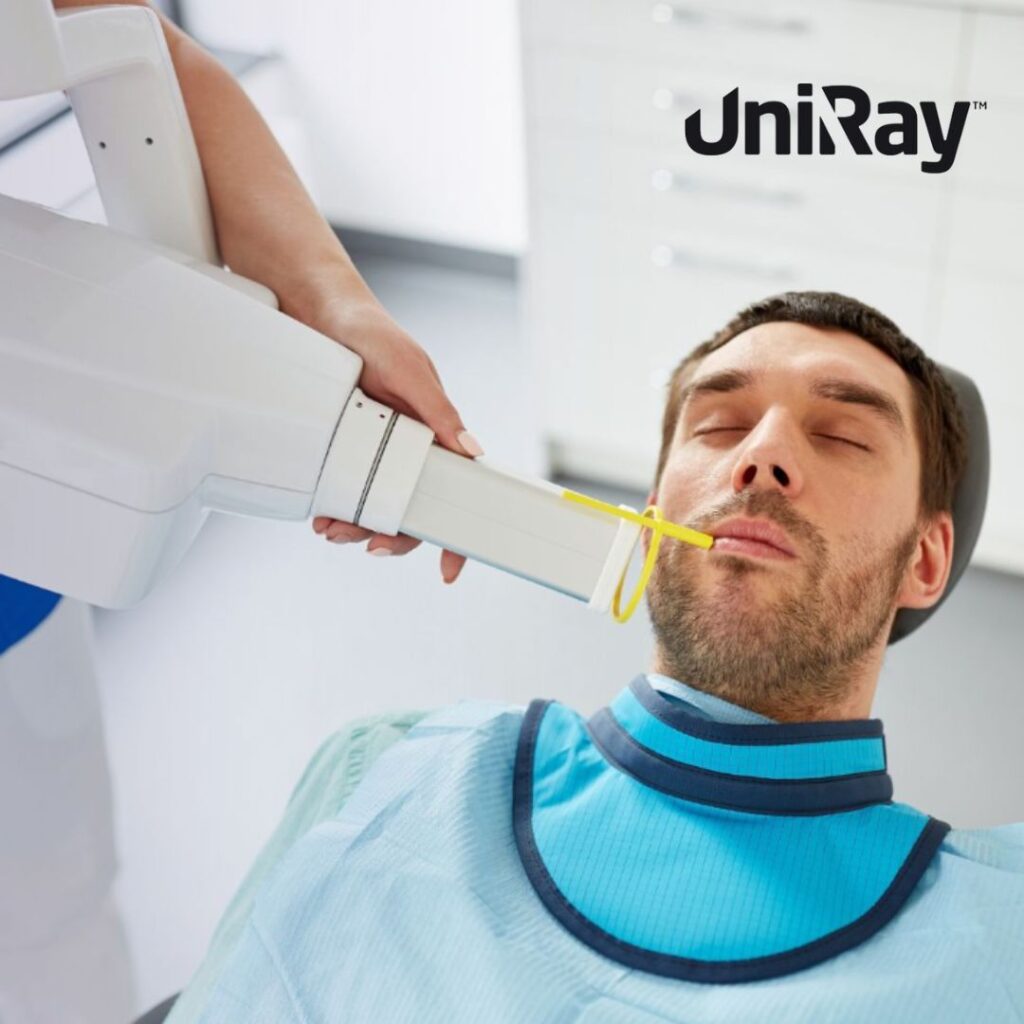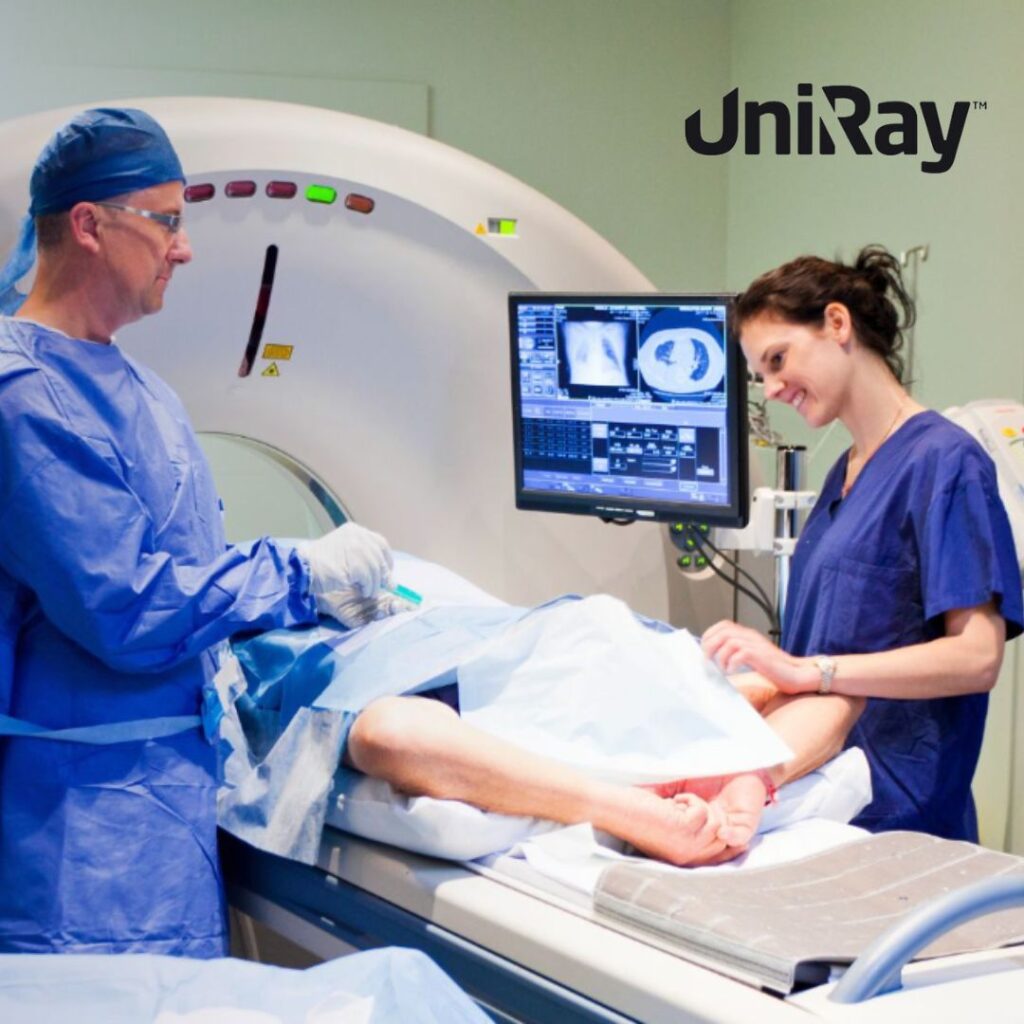
In environments where ionizing radiation is used, such as medical imaging rooms, radiology departments, and dental offices, ensuring the safety of professionals and patients is a top priority. One of the key areas where radiation protection is critical is in the eyes, as they are particularly vulnerable to radiation exposure. To safeguard against potential harm, radiation protection glasses, including lead glassware for radiology, have become indispensable in these fields. This guide will delve deep into the importance of radiation protection glasses, lead glasses for radiology, and radiation safety glasses, providing insights into their benefits, how they work, and their critical role in maintaining safety in radiology and other radiation-exposed environments.
Understanding Radiation Glasses
Radiation glasses are specially designed eyewear that protects the eyes from the harmful effects of ionizing radiation. Ionizing radiation, which is commonly used in medical imaging technologies such as X-rays, CT scans, and fluoroscopy, can pose serious risks to the eyes, potentially leading to cataracts or other forms of eye damage over time. Radioactive glasses are equipped with special filters or lead-based lenses that block or absorb radiation, offering a crucial layer of protection for individuals working in environments with frequent radiation exposure.
The Importance of Radiation Glasses
Radiation exposure is an unavoidable part of diagnostic imaging, but the risks can be minimized with the proper protective gear. The eyes are particularly vulnerable to radiation, as they are directly exposed to the radiation during medical imaging procedures. Prolonged exposure to even small doses of ionizing radiation can increase the risk of cataracts, retinal damage, or even vision loss. Radiation glasses act as eyeglasses protection, blocking radiation from reaching the eyes and preventing potential long-term damage.
How Radiation Glasses Work
Radiation glasses are equipped with lenses that are either made from lead or coated with lead-based materials. Lead, known for its ability to absorb radiation, is an essential material in these glasses, as it effectively prevents harmful radiation from penetrating the lenses and reaching the eyes. These glasses are lightweight, comfortable to wear, and provide superior protection against radiation during medical imaging procedures.
Lead Glasses for Radiology
Lead glasses for radiology are a specific type of radiation glasses used by healthcare professionals who work in radiology departments. These glasses are designed to protect radiologists, technicians, dentists, and other professionals who are regularly exposed to radiation during X-ray procedures, fluoroscopy, CT scans, and other imaging techniques. The use of lead in these glasses provides an extra level of protection, making them essential in environments where high levels of radiation are used.
Why Lead Glasses for Radiology Are Essential
Radiology professionals are at constant risk of radiation exposure due to the nature of their work. As they are often in close proximity to radiation sources, it is critical to ensure they are adequately protected. Lead glasses for radiology are an essential piece of personal protective equipment (PPE) for radiologists and technicians, helping to shield their eyes from the harmful effects of ionizing radiation. These glasses offer several key benefits:
Protection from Cataract Formation
Cataracts are one of the most common eye-related health issues caused by prolonged radiation exposure. Radiation damages the eye lens, which can result in cataract formation. Lead glasses for radiology block radiation from reaching the eyes, significantly reducing the risk of developing cataracts over time.
Enhanced Comfort for Professionals
Radiology professionals often work long hours in environments with high radiation exposure. Wearing lead glasses ensures that their eyes are protected without compromising comfort or vision. These glasses are lightweight, well-fitted, and designed for long-term wear, allowing professionals to focus on their work without worrying about eye protection.
Regulatory Compliance
In many countries, regulations and safety standards require radiology professionals to wear radiation protection gear, including lead glasses. By wearing these glasses, healthcare facilities can ensure they are compliant with safety regulations and that their employees are protected from the harmful effects of radiation.
How Lead Glasses for Radiology Work
Lead glasses for radiology are equipped with lenses that contain a high concentration of lead or lead-based materials. The lead within the lenses absorbs and blocks ionizing radiation, preventing it from reaching the eyes. These glasses are available in various styles, including full-frame, half-frame, and clip-on versions, ensuring that radiology professionals can find eyewear that suits their preferences and needs. The lenses are usually coated with a protective layer to enhance durability and prevent scratching.
Radiation Safety Glasses: A Comprehensive Protection Solution
Radiation safety glasses are designed to protect individuals who are exposed to radiation during medical imaging procedures. These glasses provide essential protection for both patients and healthcare workers, helping to reduce the risks associated with ionizing radiation. Radiation safety glasses are used in a variety of settings, including hospitals, dental offices, radiology departments, and veterinary clinics.
Why Radiation Safety Glasses Are Necessary
Protection for Medical Professionals
Healthcare professionals who work in environments with radiation exposure are at increased risk of radiation-related health issues. Wearing radiation safety glasses ensures that their eyes are protected from potential damage caused by X-rays, CT scans, and other diagnostic imaging techniques. By using these glasses, medical professionals can work safely and confidently in radiation-prone environments.
Patient Protection
While healthcare professionals are the primary users of radiation safety glasses, patients also benefit from these protective devices. During diagnostic imaging procedures, patients may be exposed to radiation, especially in areas like the head, neck, and eyes. Radiation safety glasses can be worn by patients to minimize their exposure and reduce the risk of radiation-related health problems.
Reducing Long-Term Health Risks
Chronic exposure to radiation, even in small doses, can increase the risk of various health issues, including cancer, cataracts, and other eye conditions. Radiation safety glasses are designed to block harmful radiation and prevent it from reaching the eyes, significantly reducing the long-term health risks associated with radiation exposure.
How Radiation Safety Glasses Work
Radiation safety glasses are typically made with lead-infused lenses or special radiation-absorbing coatings. The lead within the lenses absorbs and neutralizes the ionizing radiation before it reaches the eyes, preventing potential harm. These glasses are designed for optimal comfort and vision clarity, ensuring that they can be worn for extended periods without causing discomfort or distortion. Depending on the specific needs of the user, radiation safety glasses can be customized with features such as prescription lenses or tinted lenses to reduce glare.
Choosing the Right Radiation Glasses
Choosing the right radiation glasses is essential for ensuring maximum protection and comfort. There are several factors to consider when selecting the best radiation safety eyewear, including the level of radiation exposure, the type of work being performed, and the wearer’s specific needs.
Factors to Consider When Choosing Radiation Glasses
Level of Radiation Exposure
The amount of radiation exposure that the wearer will encounter plays a critical role in selecting the appropriate glasses. For professionals who are regularly exposed to high levels of radiation, lead glasses for radiology may be necessary for maximum protection. For patients undergoing occasional diagnostic imaging, lighter radiation safety glasses may be sufficient.
Comfort and Fit
Radiation glasses should be comfortable to wear for extended periods. Look for glasses with adjustable features, lightweight frames, and soft nose pads to ensure a secure and comfortable fit. Comfort is especially important for healthcare professionals who may need to wear their glasses for long shifts.
Prescription Needs
For individuals who require corrective eyewear, it’s important to choose radiation glasses that can accommodate prescription lenses. Many radiation glasses can be customized with prescription lenses, ensuring that both protection and vision needs are met.
Durability and Maintenance
Radiation glasses are an investment, and it’s essential to choose glasses that are durable and easy to maintain. Look for glasses with scratch-resistant coatings, sturdy frames, and reliable construction to ensure they last over time.
Conclusion
Radiation protection glasses, lead glasses for radiology, and radiation safety glasses are essential components of radiation protection in medical, dental, and healthcare environments. These glasses offer critical protection for both healthcare professionals and patients by preventing harmful radiation from reaching the eyes. With the potential risks of cataracts, eye damage, and long-term health complications, wearing the right radiation protection is crucial in maintaining eye safety. By choosing the appropriate radiation glasses and ensuring proper usage, healthcare facilities can protect their staff and patients from the harmful effects of radiation exposure, creating a safer and more effective medical environment for all.




